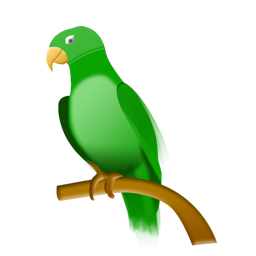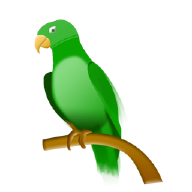
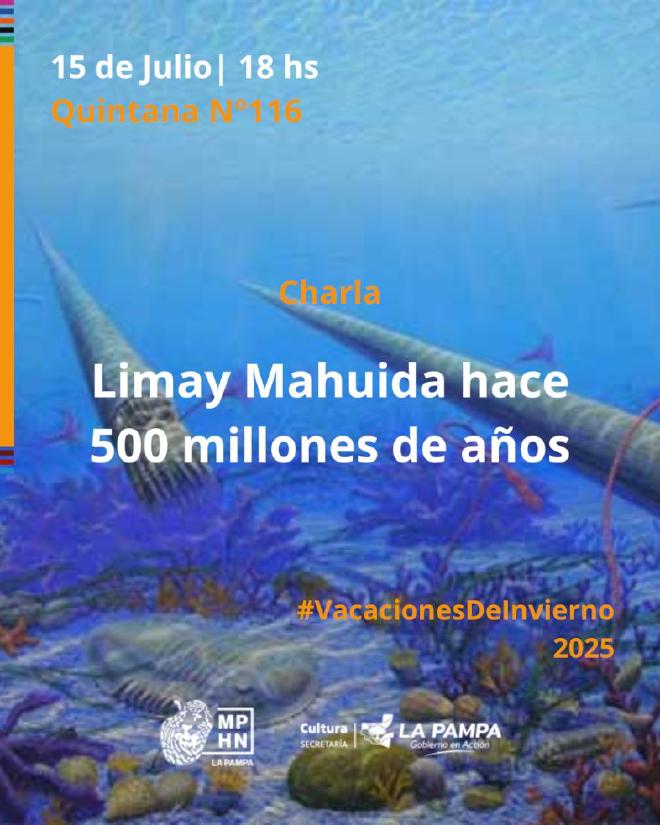
Museum’s director, Daniel Pincén, announced the schedule of activities for all audiences. “There are specific proposals for families, such as the workshop “Tote Bug,” where they can embroider bags with insect motifs. For young people and adults, the workshop on “Native Plants and Medicinal Uses” stands out. If adults attend with children, the latter will have a dedicated space in the “Reading Corner” while the adults participate in the workshop.”
Starting this Monday, the 14th, the beginning of winter vacation in La Pampa, the Museum will be open during its regular hours: Monday to Friday from 8 AM to 1 PM and from 2 PM to 7 PM; Saturdays and Sundays from 6 PM to 8 PM; access via Quintana Street 116, city of Santa Rosa.
Activities #
On Tuesday the 15th at 6 PM, there will be an open talk titled “Limay Mahuida 500 Million Years Ago” led by paleontologist Lucas Cheme Arriaga. This talk is intended to present the incorporation of marine microfossils into the paleontology room, which are 485 million years old and correspond to the Lower Ordovician period. Location: Auditorium.
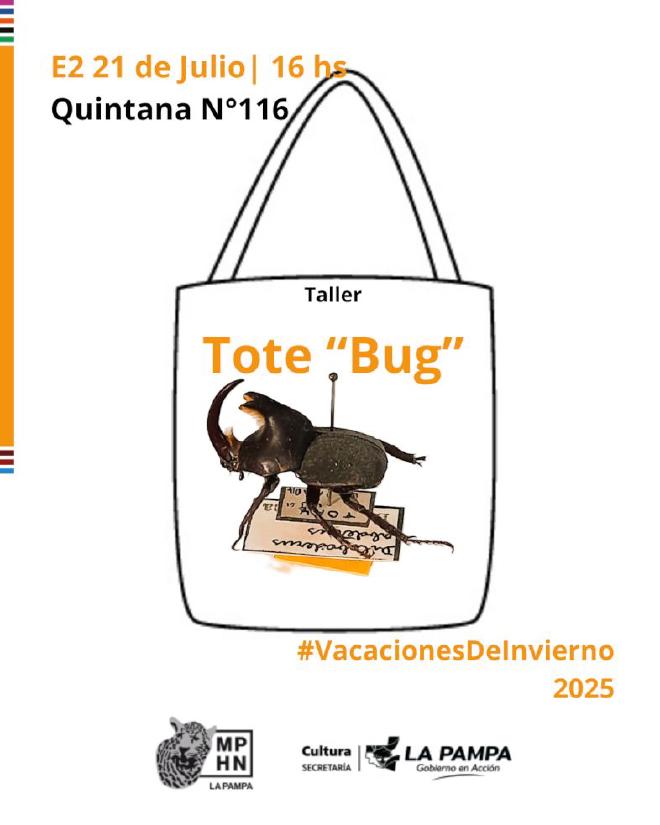
On Wednesday the 16th and Monday the 21st, at 4 PM, there will be embroidery workshops led by Yamila Berhau. “This is a family activity and the idea is for children aged 6 and up to participate, accompanied by a responsible adult. They will embroider a small bag with designs of Pampean insects that they can take home once the workshop is finished,” Pincén said. Location: Auditorium/Library.
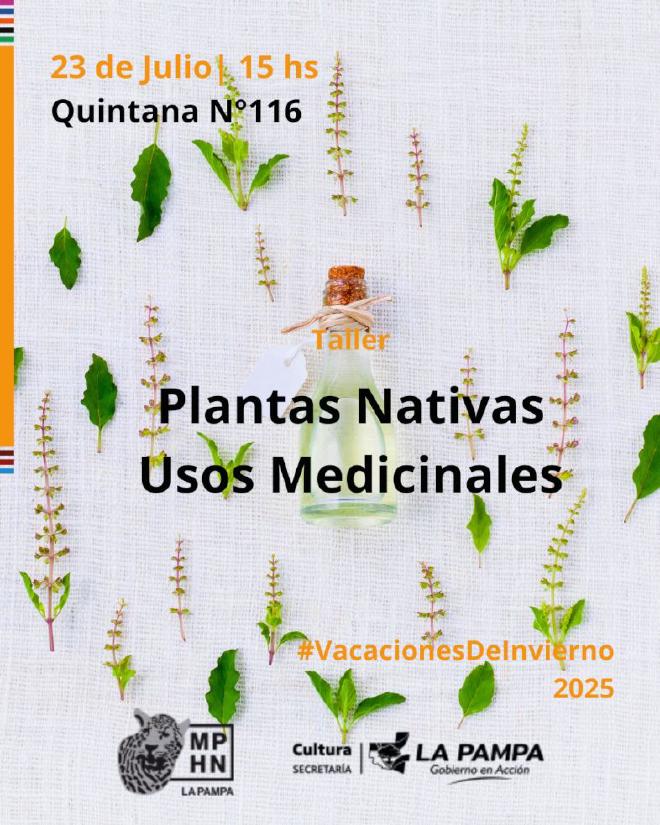
On Wednesday the 23rd at 3 PM, the “Teresa Pérez” Popular Library will present the workshop “Native Plants and Medicinal Uses.” This activity is aimed for adults and young people aged 16 and over. If adults attend with children, the little ones will be able to enjoy the “Reading Corner,” run by Amorina Muñoz. Location: Auditorium/Library.
Continues “Prohibited Not to Look 2,” “Nature and Culture,” and “Cabinet of Curiosities” #
From Monday to Friday from 8 AM to 1 PM and from 2 PM to 7 PM. Saturdays and Sundays from 6 PM to 8 PM.
Contact [Notaspampeanas](mailto: notaspampeanas@gmail.com)
